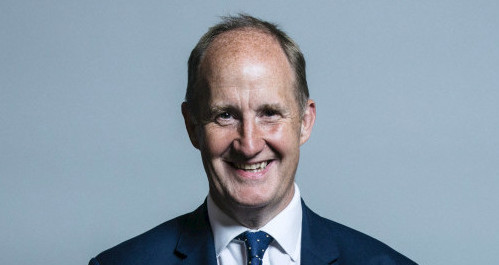A review of the whistleblowing framework – the laws that support workers who blow the whistle on wrongdoing in the workplace – has been launched by the Government today.
The review will seek views and evidence from whistleblowers, key charities, employers and regulators.
Whistleblowing refers to when a worker makes a disclosure of information which they reasonably believe shows wrongdoing or someone covering up wrongdoing. Workers who blow the whistle are entitled to protections, which were introduced through the Public Interest Disclosure Act 1998 (PIDA). Successive governments have taken steps to strengthen whistleblowing policy and practice.
For authorities tackling corruption, fraud and other economic crime, whistleblowing is a crucial source of evidence, as these activities and their perpetrators can only be exposed by insiders.
It also provides a route for employees to report unsafe working conditions and wrongdoing across all sectors.
This was keenly felt during the height of the Covid-19 Pandemic, when the Care Quality Commission and Health and Safety Executive recorded sharp increases in the number of whistleblowing disclosures they received.
Business Minister Kevin Hollinrake said:”Whistleblowing is a vital tool in tackling economic crime and unsafe working conditions, and the UK was one of the first countries in the world to develop a whistleblowing framework.
“This review has been a priority for me since joining government, and it will take stock of whether the whistleblowing framework is operating effectively and protects those who call out wrongdoing in the workplace.”
This review will cover central topics, key to the whistleblowing framework:
- who is covered by whistleblowing protections.
- the availability of information and guidance for whistleblowing purposes (both on gov.uk and that provided by employers).
- how employers and prescribed persons respond to whistleblowing disclosures, including best practice.



